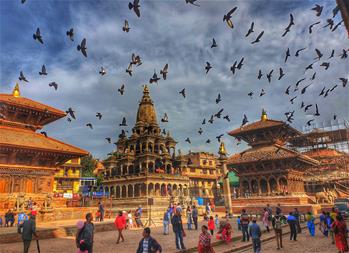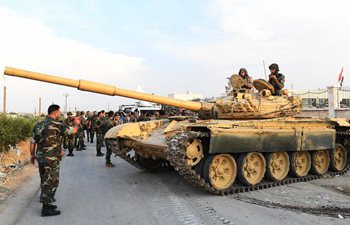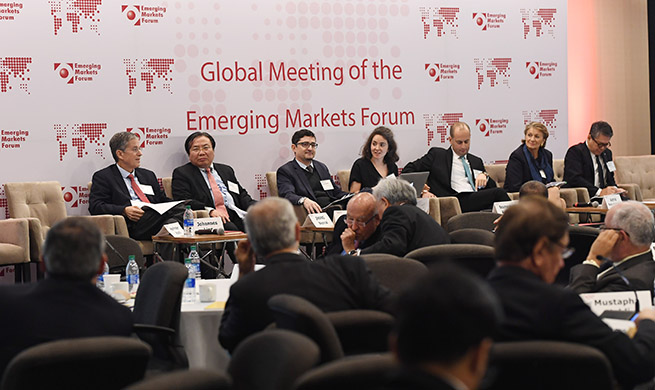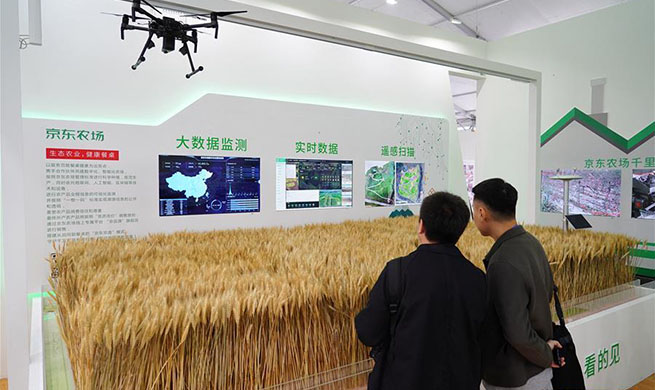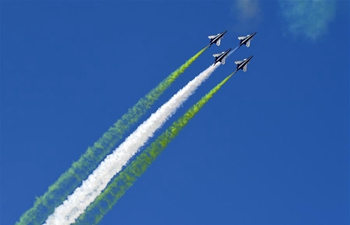JUBA, Oct. 23 (Xinhua) -- A South Sudanese expert on Wednesday faulted Riek Machar, leader of the main opposition group, the Sudan People's Liberation Movement in Opposition (SPLM-IO) for his recent threat to opt out of the transitional unity government.
Luka Biong Deng, researcher at the Africa Center for Strategic Studies (ACSS) at U.S. National Defense University, said Machar's intention not to join the unity government on time over unresolved issues with the government on security arrangements and the number of states including boundaries may bear consequences for his group.
"His call for three- month extension and the threat of a return to war may project him as anti-peace," said Deng.
Machar last week held a meeting with President of South Sudan Salva Kiir and the visiting high-level delegation from the United Nations Security Council (UNSC) where he announced thereafter that his group will not be participating in the much-awaited unity government if the outstanding issues are unresolved.
The rebel leader even suggested a three-month extension of the pre-transitional period in order to allow the warring parties enough time to implement fully the security arrangements which include screening, registration and unification of their respective forces to form the united force of 83,000.
"Machar should have insisted on the formation of the government by Nov. 12 but with conditions such as resolution of the number of states, entrusting funding for training and amalgamating of forces to a third party while Regional Protection Force (RPF) and UN Mission in South Sudan (UNMISS) fill security gap," said Deng.
The expert added that Machar could have also put pressure on the government to release some of the remaining political detainees like Peter Biar Ajak and Kerubino Wol, amendment of the transitional constitution and establishment of a hybrid court.
"With his current position, Machar may run the risk of bearing blame and Juba (government) may take the show," he added.
The warring parties failed to form the transitional unity government in May and both agreed to a six-month extension with only a few days remaining amid regional and international concern over delays.
South Sudan descended into conflict in December 2013 after President Salva Kiir sacked his deputy Riek Machar leading to fighting between soldiers loyal to both leaders. The conflict killed tens of thousands and displaced millions both internally and externally.
A peace deal signed in 2015 collapsed after the outbreak of renewed violence in July 2016 forcing Machar to flee the capital. Under the 2018 peace deal, Machar will take up one of the four vice presidency positions in the transitional government.

